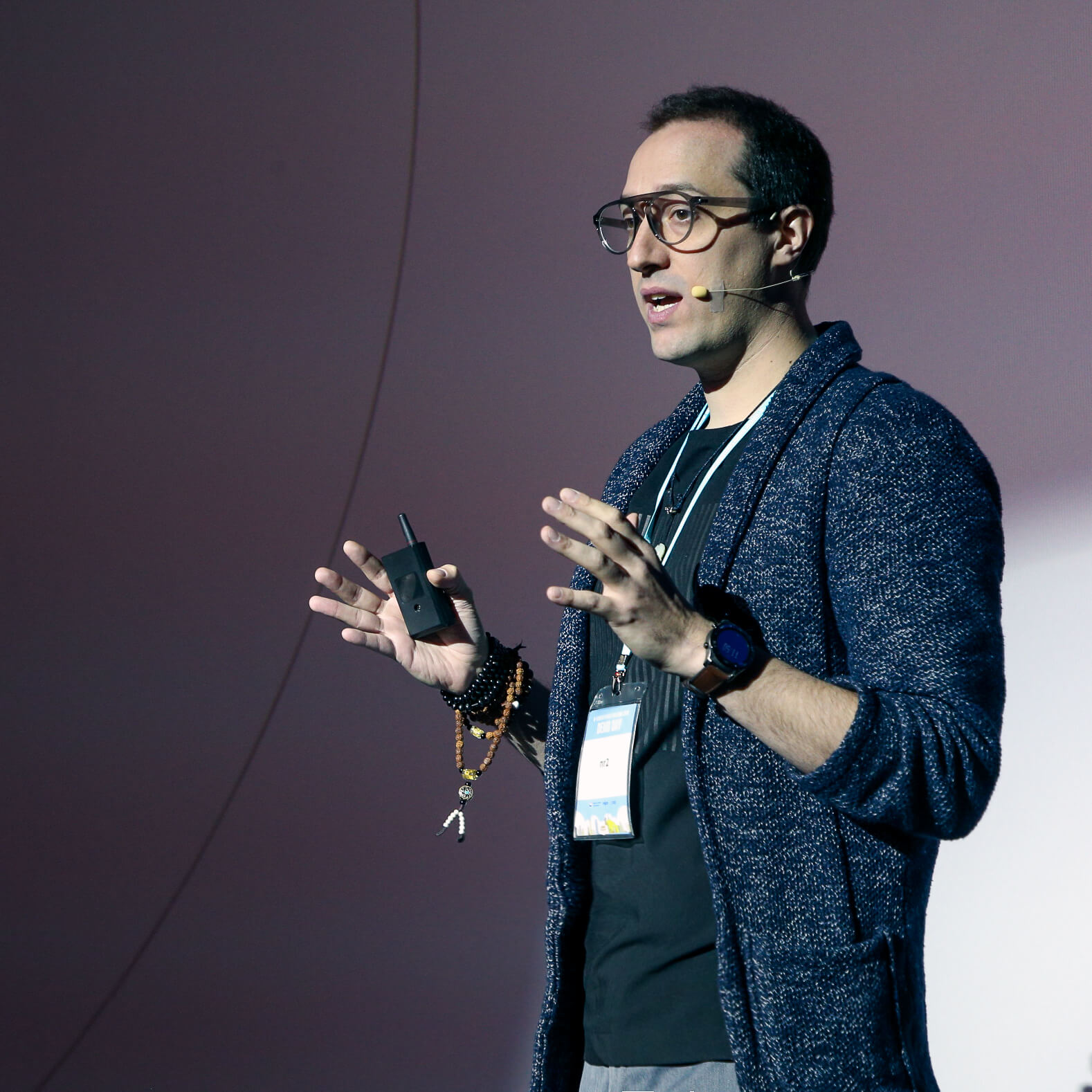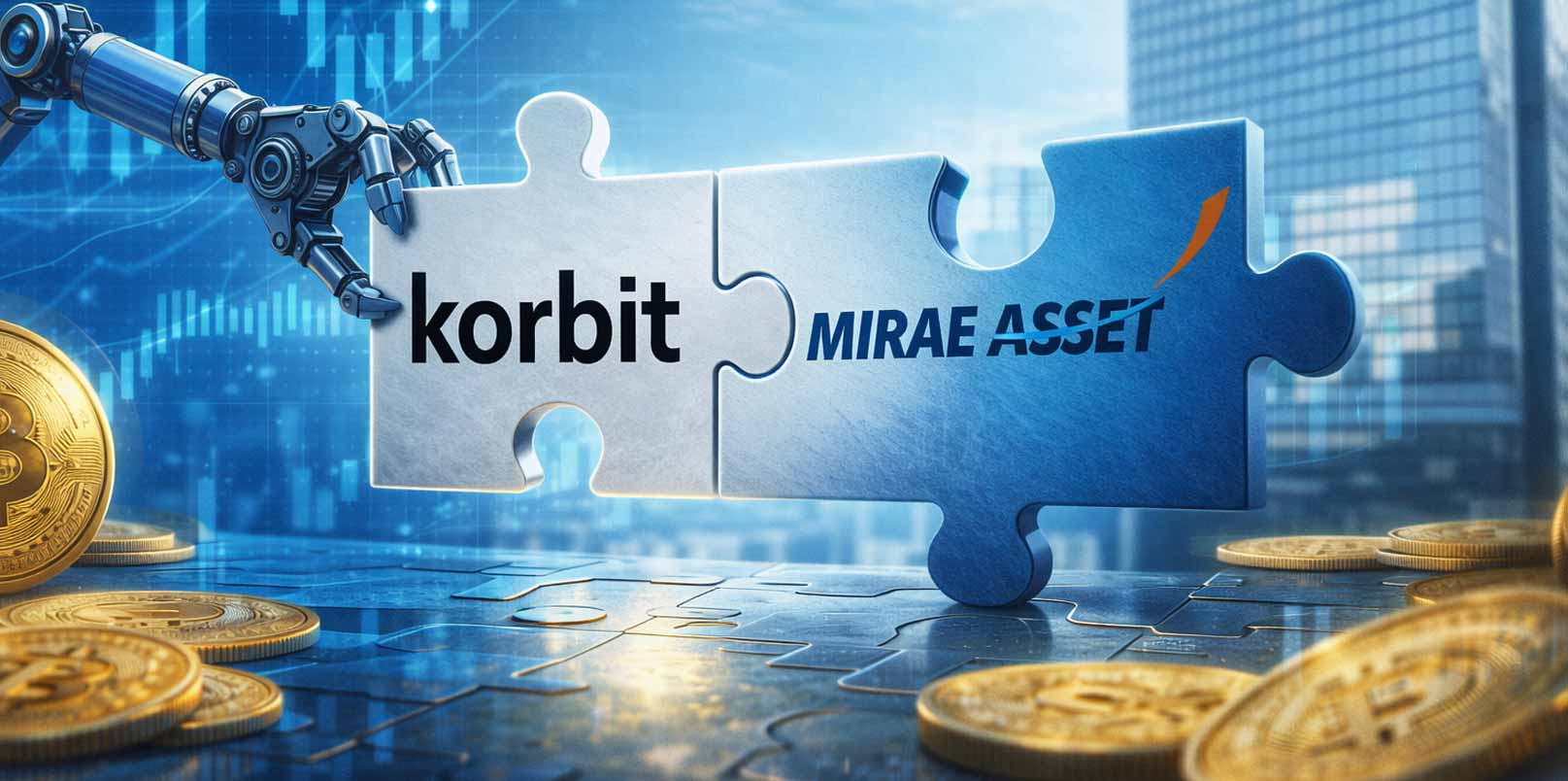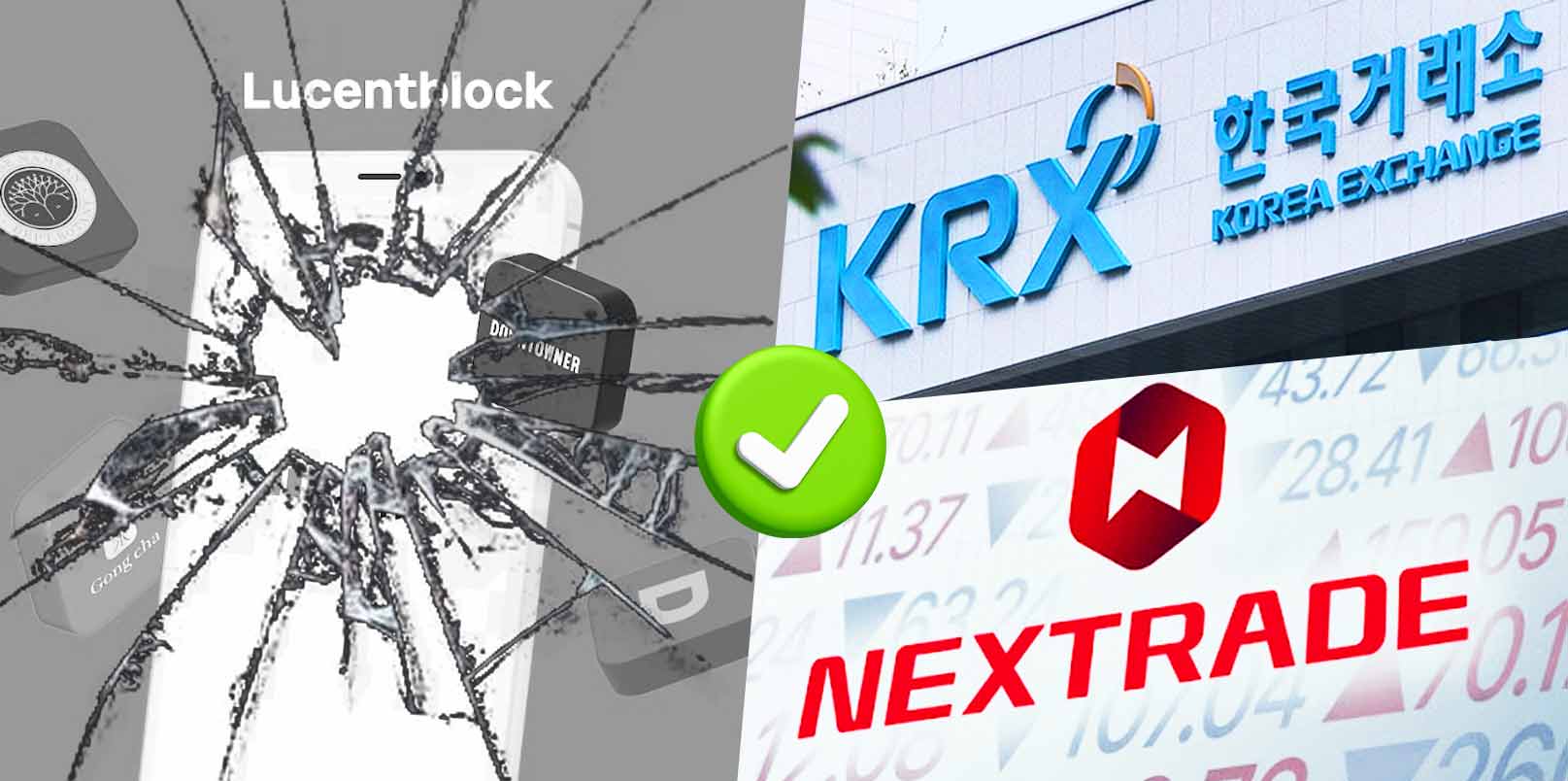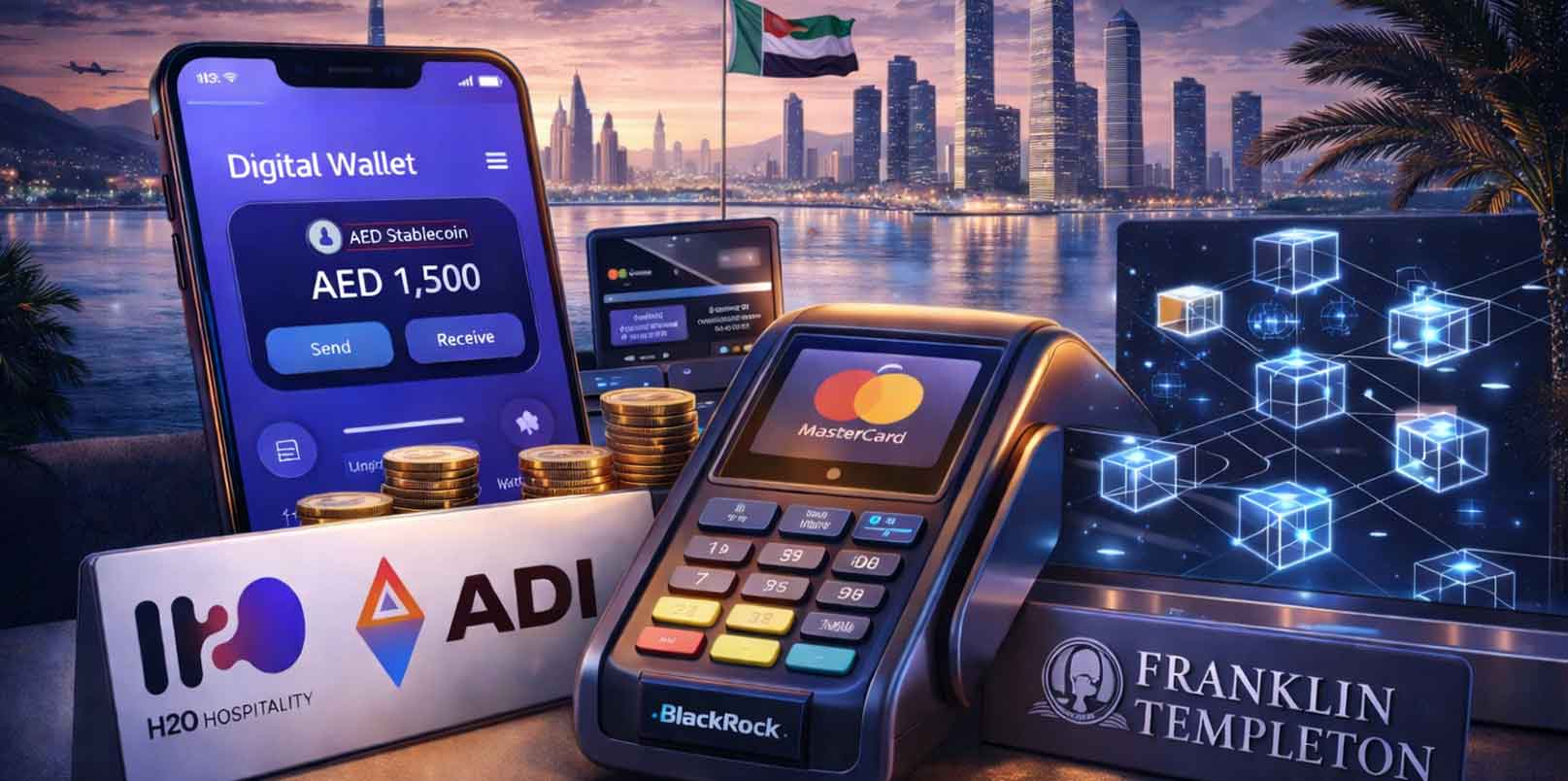Living in South Korea during the COVID-19 crisis, Jordan Monnet, a French entrepreneur, saw just how vital technology and innovation’s role is in serving humankind. It gave Jordan the confidence that his company, NR2, whose vision is to help innovative startups across borders, was on the right track.
NR2 was the winning team in the K-Startup Grand Challenge 2019. Using algorithms developed by co-founders with over 20 years’ experience in innovation investment, their search engine helps investors worldwide find the most promising startups. NR2 was the first French company to win the prize, beating 1677 other companies that competed in the K-Startup Grand Challenge.
Jordan has been living in South Korea since August 2019 and met with us to share his experiences of living here, being part of the K-Startup Grand Challenge, and developing business in South Korea. Speaking to Koreatechdesk.com, Jordan also shared his advice for future companies planning to enter the Korean market.
1. Can you tell us about your background and your startup?
I am one of the founders of a FinTech company NR2. Our search engine finds the highest potential innovative start-ups. I have a background in research and was previously a biophysicist. Seeing the role of finance in research, I was interested to learn about the process of investing and the decisions made around which companies, technologies, or products to invest in. Ultimately, I decided to enter the field of finance, moving first to Asia – China. There, I was working for a European investment firm helping Western tech companies enter the Chinese market. I was amazed by how much innovation there was in Asia, and I wanted to help that reach beyond Asia. I met my co-founder, who had over 15 years of experience investing in Asian innovation. Together, we created the company. Our experience living in China and other Asian countries has shown us the enormous value and unrealized potential of what’s happening in local innovation ecosystems. Our vision is to make them available wherever they are needed.
2. How did you come to know about the K-Startup Grand Challenge program, and what motivated you to join the program?
We were in Paris at the HEC Paris incubator, which is in Station F, the world’s largest start-up campus. Someone there told us about the K-Startup Grand Challenge. At the time, we were focused on China but could see that there was a huge amount of innovation coming from South Korea. As we researched South Korea, we discovered it had been named ‘most innovative country in the world’ by Bloomberg. As we dug more and more, we came across thousands of interesting companies. There was clearly no way we could understand the ecosystem unless one of us moved to live in South Korea, so we could properly understand the culture, talk to the people, and be active in the start-up ecosystem ourselves. That’s why we entered the K-Startup Grand Challenge.
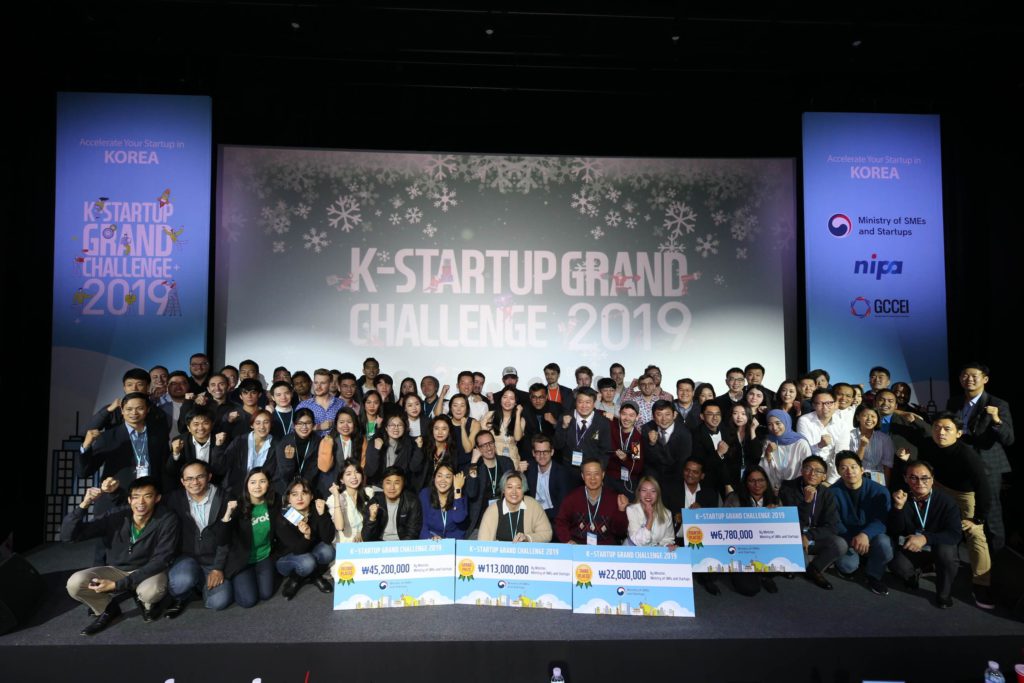
Having completed the K-Startup Grand Challenge Program, I would say it is, without a doubt, the best way for a start-up to enter the country’s business world and meet the right people for your business. From the moment I got my visa, which was with the assistance of the program, I have been living here. Korea is now my home and our Asian headquarters.
3. Can you tell us about your experience in the K-Startup Grand Challenge Program?
Auditions:
We had our auditions for the K-Startup Grand Challenge Program in Paris. My co-founder represented us at that audition. We met the jury, who asked us several questions and helped us understand the audition process, the program, and what would be expected of us. As a company, we learned a huge amount through the audition process. Preparing for the pitch and making the decision to commit to going to South Korea forced us to make important strategic decisions, which we might otherwise have avoided.
Visa process and entry:
The visa process for any normal business can be complicated in South Korea. Thanks to the K-Startup Grand Challenge Program, the process was significantly more straight forward. When you are creating a business, it’s very helpful to be able to focus on the business itself and not be constantly worrying about visa complications.
The program:
The program was extremely intense. After arriving in August 2019, the first day was a big eye-opener to Korean culture. For example, a number of the group did not know about the popular K-pop group BTS, and there was a huge display on the wall of the office showing BTS clips. That day, I realized that when you arrive in a different country and try to build a business, you have to accept that you will not know everything, but you must nonetheless commit to learning as fast as you can. The program was three months of intense learning. We were all sponges trying to pick up as much as possible, to find and make the most of the opportunities. As time went on, we realized South Korea was going to be a big potential market for us.
In terms of logistics, NIPA was immensely helpful not just with visas, but also bank accounts necessary to create a company and everything else as well. We were assigned to an accelerator, which introduced us to many people, whose advice helped us in business. In short, the program really supported our entry to the startup ecosystem here.
Demo Day & Prize:
We were deeply honored to win the prize and be part of the demo-day event. The process of getting to the demo day was where we benefited the most as a company, I think. When we first arrived in South Korea, we wanted to find the best way to make our search engine available to businesses in South Korea. This led us to create a beta in the Korean language and engage a lot of people to use it and give feedback. As a result, we upgraded our search engine, started to get more users every week, and investors started showing interest in our product. By the demo-day, we had substantial stuff to talk about. We could share our vision about what we want to achieve in South Korea and also evidence traction.
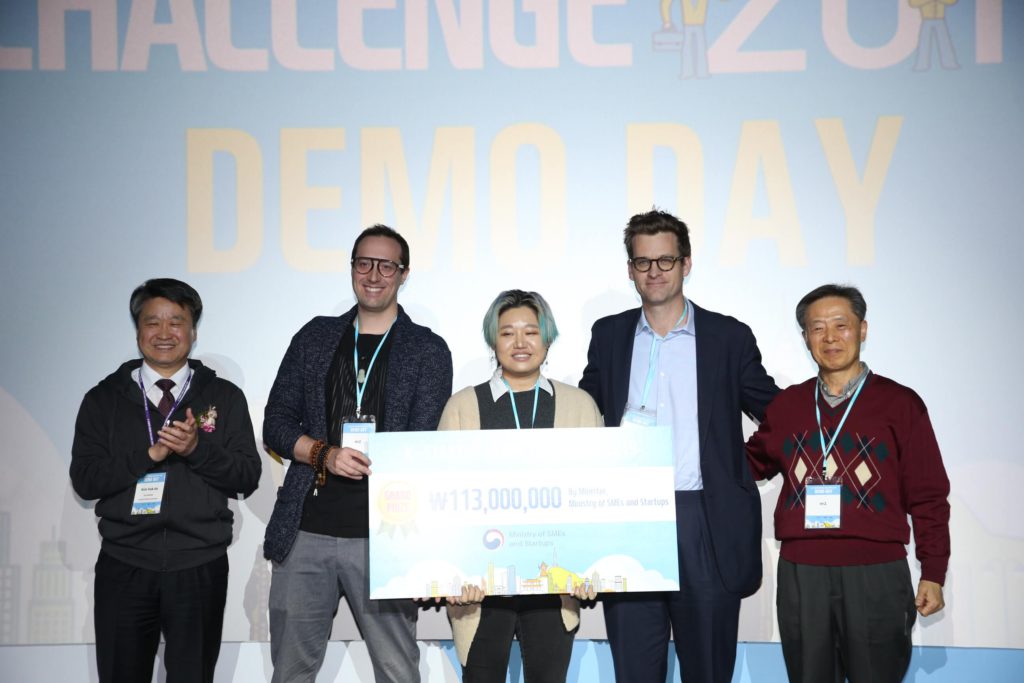
We used the prize money to develop further in South Korea. We used it for hiring people, paying salaries, logo design with a Korean word embossed in it, which means ‘innovation.’ In short, we used it to find ways to be actively part of the Korean startup ecosystem.
Thanks to the three-months of the K-Startup Grand Challenge Program, we have been able to achieve a great deal, which otherwise would have taken much more time.
4. How do you find South Korea personally and for your business?
I find South Korea a very interesting country. I wanted to live here, to see first-hand how people are innovating, being entrepreneurial, creating things. It is even more vibrant than I had expected. There are big companies with standard products, and there are startups, small companies trying to do ambitious things. There are a lot of companies here with the potential to go international, which means investors all over the world need to know about them and help them become bigger. This is why we are here.
Personally, I spend a lot of time working, but I think life in South Korea is great. I like city life in Seoul. You have everything here: party life, family entertainment, hiking. I think it is the only place in the world with everything.
I started as a researcher, became a consultant, traveled the world, lived in China, UK, and other places. I have learned that each country has its own unique culture, and you have to take the time to understand it if you want to do business there. I have been living in South Korea since August 2019. I still feel I know nothing about the culture, but I am starting to see things, and notice nuances, but the learning process will take a long time. For example, creating the logo with a Korean word taught me a lot about the culture, which has helped me understand the start-up ecosystem.
5. Tell us about your startup’s vision?
South Korea is a country that is investing heavily in innovative startups, which means a lot of projects are created, and a lot of them have great potential. There is an entire road in Gangnam full of startups. I spent a lot of time on that street, talking to entrepreneurs. There are so many things happening, which you can’t know unless you go there. For us, the first step is to map the ecosystem, understand it, and make it available to the world. Thereafter, we can help people who are doing some amazing innovations. Our vision is to help people with world-beating ideas to succeed internationally.
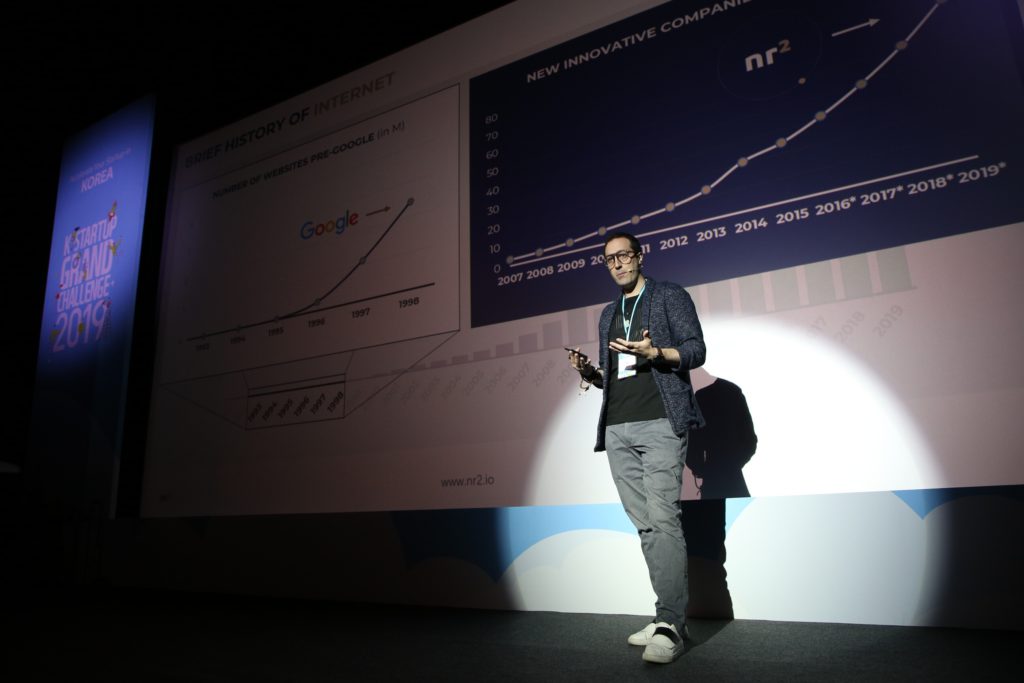
6. What advice would you give to other startups looking to join the K-Startup Grand Challenge Program?
It is difficult to give advice really, as it would mean I understood everything. But I would talk about things that helped us succeed. We took the view that we had to invest a lot of time and energy into learning about South Korea. We didn’t expect to be able to solve our problems on day one and knew that a mentality to learn would be key. Then there is the question of intensity. You have three months in the country to understand the ecosystem. For us, as a company, our priority was to set milestones around those months. Everyone in the company was dedicated to making it work. Third, we would not have achieved much without the help of NIPA and the incubator. I would strongly advise people to engage with NIPA. Anytime I had doubts or questions, I could walk to the NIPA office, which was 100 meters away, and get solutions. The best part of the program is having people around you to help all the time, and it’s important to keep that in mind. For example, I wanted to reprint my business cards here. In my home country, it would have been easy as I know people, but here I had no idea about printers, quality of paper, etc. I talked to a person at the program who solved the problem for me in five minutes. I got my business cards the same day.
7. We are living under stressful times of the COVID-19 outbreak. Can you share your experience living in South Korea at the time outbreak happened here?
I was here when the COVID-19 outbreak hit the country. Initially it was a small outbreak. People thought Korea would become the next big problem, and many left the country. I decided to stay on because I want to do business here, so I thought I have to go through everything. It was amazing how people dealt with it here. People outside Korea may not know, but there are small things that helped us. For example, on Kakao Map, which is like a local Google Map, you get live information about where to buy masks. This is how technology and Innovation form part of life in South Korea and it really helps in crises. It is a good lesson for startups, that technology and Innovation bring opportunities even in times of crisis.
8. According to you, why should startups not hesitate to enter programs like K-Startup Grand Challenge in South Korea during the Coronavirus crisis?
Most countries in the world have stopped their economic activities like France, UK, etc., but South Korea is functioning broadly normally. It is a poster child for how to handle the crisis. It is also an important market for startups to understand and get access to as it is very innovative. If you can make your start-up stand out in South Korea, you have a business which can work anywhere.
So if you can be part of a program like K-Startup Grand Challenge, then I would not miss that opportunity. The program enables start-ups to solve problems, receive financial support and to become more innovative. For our company, it has transformed our outlook. It’s been a total game-changer.
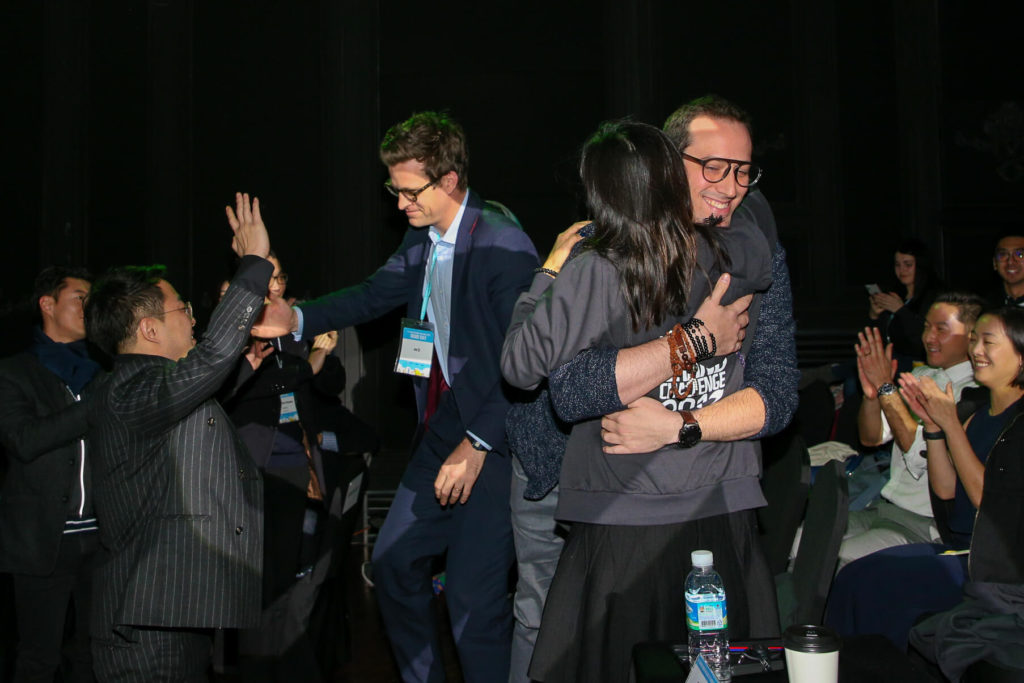
9. Any word of suggestion for startups coming to South Korea for business and K-Startup Grand Challenge?
Make the most of all the help and resources which are offered to you! The program can open so many doors to doing business in the country.
South Korea is a great country to be in if you are looking to do business in Asia. Geographically, it is near to China and Japan, and the country has great relations with other countries in South East Asia. So it means that it is a great doorway to business in Asia.


